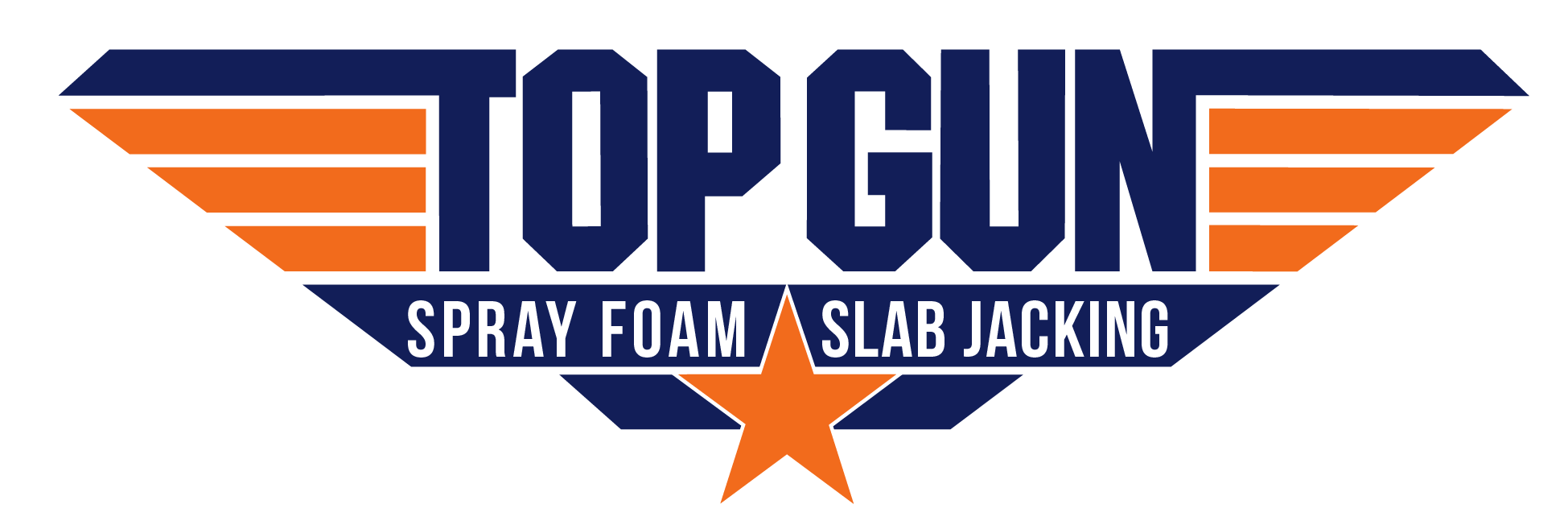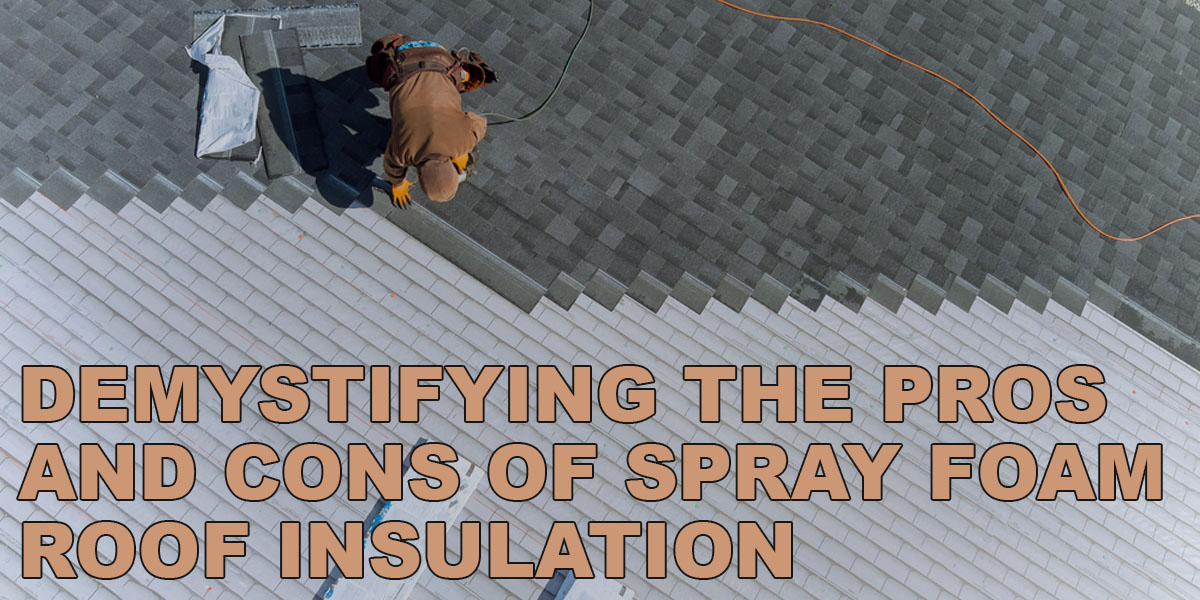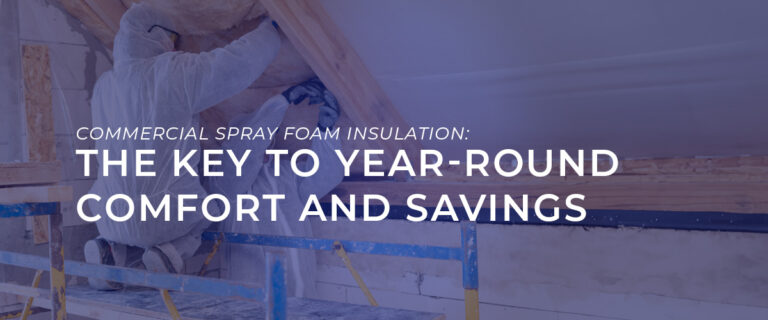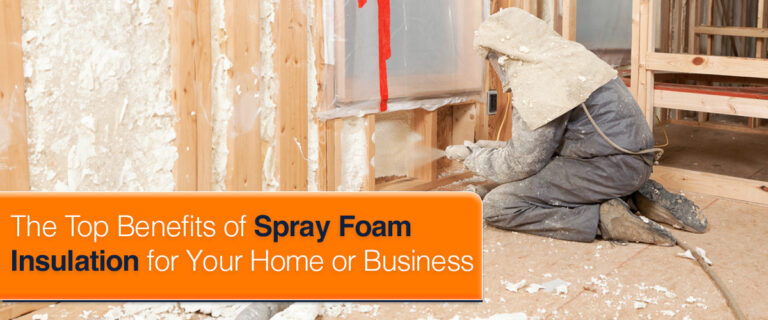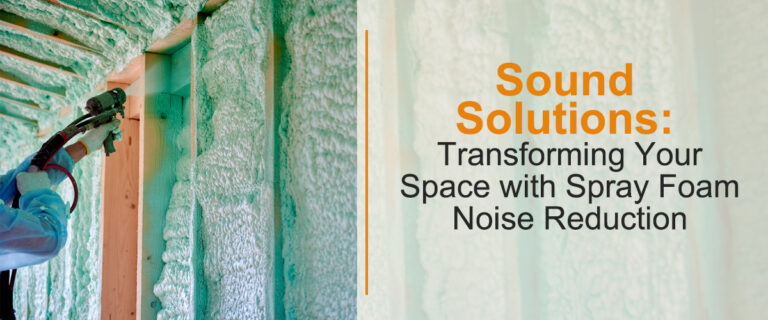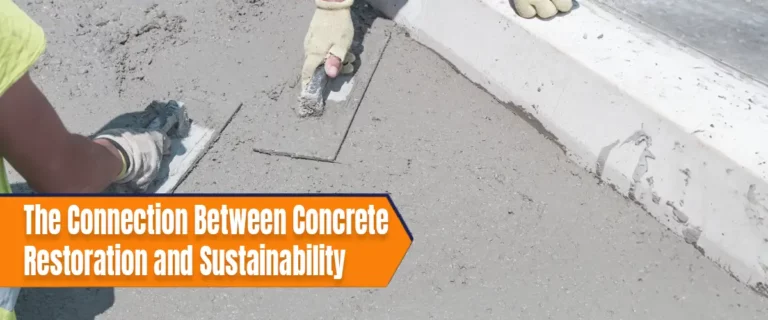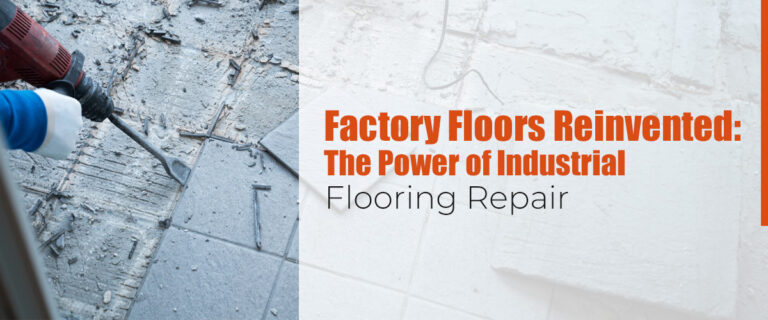Demystifying the Pros and Cons of Spray Foam Roof Insulation
Improving home energy efficiency and reducing monthly energy bills are common goals for many homeowners. Roof insulation is one such solution that helps homeowners achieve these goals. However, not all roof insulation types are created equal. Spray foam roof insulation has become increasingly popular due to its unique benefits. While spray foam roof insulation can be a great solution, it’s essential to consider its benefits and downsides, which we’ll examine in this article.
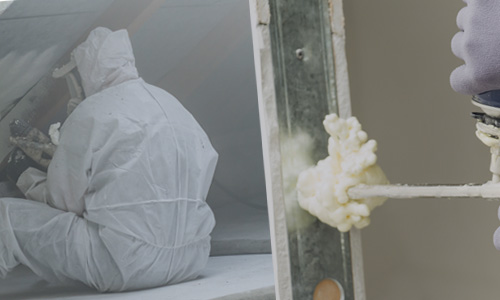
What is Spray Foam Roof Insulation?
It comprises two liquid components combined during the application process and expands into a foam that adheres to the roof surface. Spray foam roof insulation is a versatile product used on various roofs, including flat, metal, and sloped ceilings.
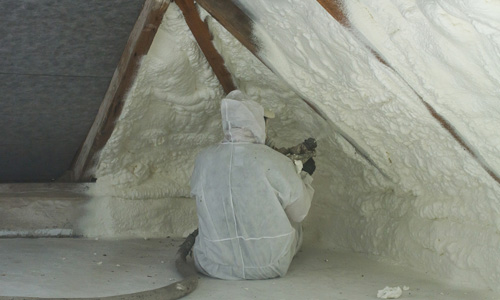
Pros of Spray Foam Roof Insulation:
Spray foam roof insulation offers several benefits over traditional insulation methods, making it an attractive option for many homeowners. Here are the lists below:
1. Energy Efficiency – Spray foam roof insulation provides excellent energy efficiency, reducing heat loss during the winter and heat gain during the summer. It forms a continuous insulation layer that seals gaps and prevents air leaks.
2. Cost Savings – Spray foam roof insulation may initially cost more than other types of insulation, but it can save homeowners money in the long run. It can significantly reduce monthly energy bills by up to 50%, making it a wise investment.
3. Durability – Spray foam roof insulation can last up to 25 years or more with minimal maintenance. It does not compress or sag over time, providing consistent insulation performance throughout its lifespan.
4. Soundproofing – Spray foam roof insulation can also benefit soundproofing by reducing noise levels outside and inside the home.
5. Moisture Barrier – Spray foam insulation also acts as a barrier to prevent moisture from entering your home. It can help prevent mold growth and reduce the risk of water damage to your home.
6. Eco-Friendly – Spray foam insulation is an eco-friendly option, as it reduces energy consumption and helps reduce your carbon footprint.
7. Easy Installation – Spray foam insulation is relatively easy to install. A professional contractor can typically install spray foam insulation in a day or two, depending on the size of your home.
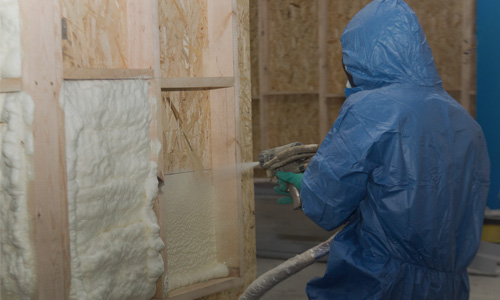
Cons of Spray Foam Roof Insulation:
Before using spray foam roof insulation, you must know some potential drawbacks.
1. Initial Cost – As mentioned earlier, the initial cost of spray foam roof insulation can be higher than other types of insulation. However, the long-term cost savings may outweigh the initial investment.
2. Installation – Spray foam roof insulation must be installed by a professional with experience. Improper installation can lead to poor insulation performance and potential moisture issues.
3. Moisture Issues – If installed correctly, spray foam roof insulation can prevent moisture in the roof, leading to potential issues such as mold and rot.
4. Environmental Impact – Spray foam roof insulation can have an environmental impact during production, as it requires chemicals that can harm the environment.
5. Professional Installation Required – Hiring a professional contractor to install spray foam insulation ensures correct installation and increases the overall cost.
6. Potential Health Risks – Spray foam insulation can pose health risks if installed incorrectly. The installation process can emit fumes that may cause respiratory issues. It’s essential to ensure that your contractor takes proper safety precautions during installation.
7. Difficult to Remove – Spray foam insulation is challenging to remove, which can be problematic if you need to replace your roof or make other significant changes to your home’s structure.
8. Not Suitable for Every Home – Spray foam insulation may not suit every home. Homes with existing moisture issues or those with flat roofs may need to be better candidates for spray foam insulation.
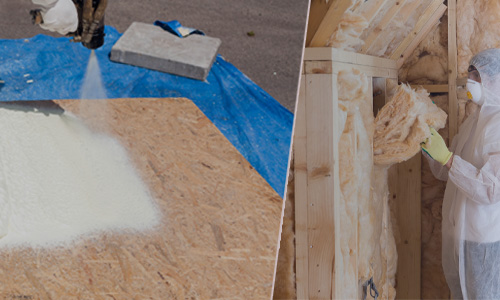
Comparing Spray Foam Insulation to Other Insulation Types
When considering spray foam insulation, it’s essential to compare it to other insulation types to determine the best option for your home. Here’s a breakdown of the advantages and disadvantages of each insulation type:
1. Fiberglass insulation – Fiberglass insulation is the most common and relatively inexpensive type of insulation. However, spray foam insulation is more effective and challenging to install, as it requires specialized equipment and can be messy.
2. Cellulose insulation – Cellulose insulation is made from recycled paper, providing an environmentally friendly option for those seeking more sustainable home insulation. However, it is less effective than spray foam insulation and can be prone to settling over time, reducing its effectiveness.
3. Rigid foam insulation – Rigid foam insulation is similar to spray foam insulation in that it is applied directly to the underside of the roof deck. However, it is more rigorous and less flexible than spray foam insulation, making it sometimes more challenging to install.
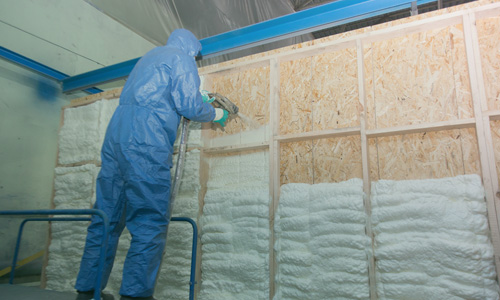
Is Spray Foam Roof Insulation Right for You?
The decision to choose spray foam roof insulation ultimately comes down to personal preference, budget, and the home’s specific needs. Homeowners should weigh the pros and cons of spray foam roof insulation against their requirements to determine whether it is the right choice. For example, if energy efficiency and long-term cost savings are a priority, spray foam roof insulation may be a wise investment; however, if environmental impact is a concern, alternative insulation types, such as cellulose insulation, maybe a better fit.
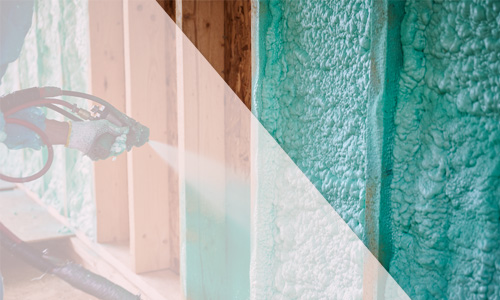
Spray Foam Insulation: Weighing the Pros and Cons!
Overall, spray foam roof insulation offers many benefits, including superior properties, improved durability and longevity, energy savings, and environmental friendliness. However, its drawbacks include cost, installation challenges, maintenance and repair difficulties, and potential health concerns.
Weigh spray foam insulation’s pros and cons to choose the best roof insulation option. Choose the proper insulation for a comfier, energy-efficient home and lower energy bills.
